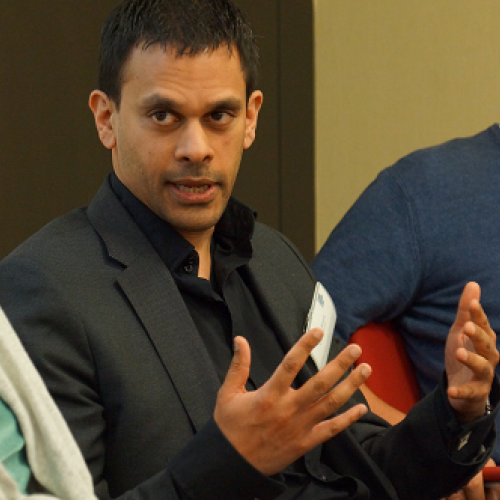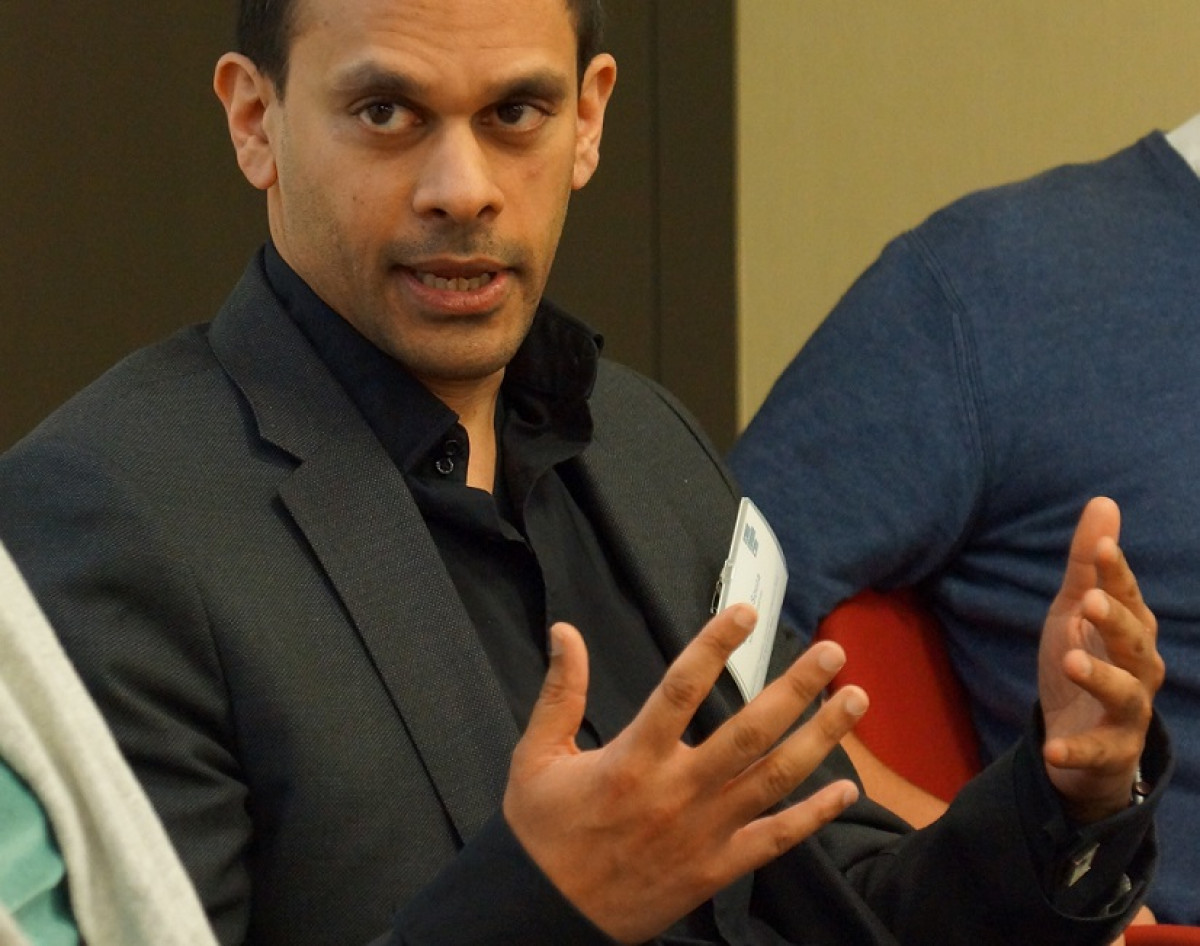Three questions to Mike de Souza, CLEW Ambassador for Canada
Mike, what is the most important energy topic or debate in Canada right now?
I believe the most important energy debate right now in Canada is over who has the best approach to tackle climate change and encourage a transition toward low-carbon energy sources. The centre and left-leaning parties in Canada favour putting an economy-wide price on carbon pollution as part of a larger suite of energy and climate-change policies. The right-leaning Conservative party has proposed a regulatory plan that focuses on large industrial polluters, while rejecting any carbon tax that would directly affect consumers. The current governing Liberals have already introduced parts of this plan, including a wide-reaching carbon tax. In some parts of the country — particularly in the oil- and gas-producing western provinces — there is a very different debate going on about whether the government is doing enough to support and encourage the growth of their own energy companies and they are criticizing the implementation of new environmental and conservation policies.
If the Conservatives win the election, they have promised to cancel the price on carbon along with some recently adopted environmental laws. The Conservatives have said they would then introduce their own plan. This could take months or likely years to finalize and implement, and therefore a change in government could likely create a gap in policy and slow down Canada’s clean energy policies.
If there’s a minority government, this could also affect which policies wind up going ahead.
Canadians will decide in the coming weeks as the country enters a general election campaign that is scheduled to end with a vote on Oct. 21, 2019.
How do you view your role as CLEW Ambassador?
I view my role as a mentor who can offer guidance to other journalists about how to cover energy issues in a way that provides full context. In order to do this, the first step is demonstrating by setting an example with my own reporting. A big part of this is paying attention to all of the complexities of writing and reporting on the energy sector. I can also provide some guidance and support to help other journalists understand Canadian energy issues and the different perspectives on energy from different regions.
What is your advice for local journalists starting to cover the energy transition - and what guidance would you give an international journalist doing an energy transition story on Canada?
For local journalists who are starting out, my advice would be to start by studying and researching what has already been reported about the energy industry in their region. It’s important that they understand and get to know all of the stakeholders involved and become an expert on their local industries. From there, I think it’s important that they examine all aspects of industry, from economic benefits, environmental impacts, to the workers themselves.
If you are an international journalist doing a story that involves research on energy transition and climate policy in Canada, you can reach out to Mike as a first contact point. Beyond that, our other CLEW Journalism Network members might be able to help you out, or be interested to collaborate on an energy transition story with you.
If you are a Canadian journalist with an idea for an on-the-ground project, Mike can refer your suggestion to us at CLEW and we can help put you in touch with journalists in our network for possible collaboration.
Should you be looking for expertise in other countries, have a look at the CLEW Journalism Network map!



